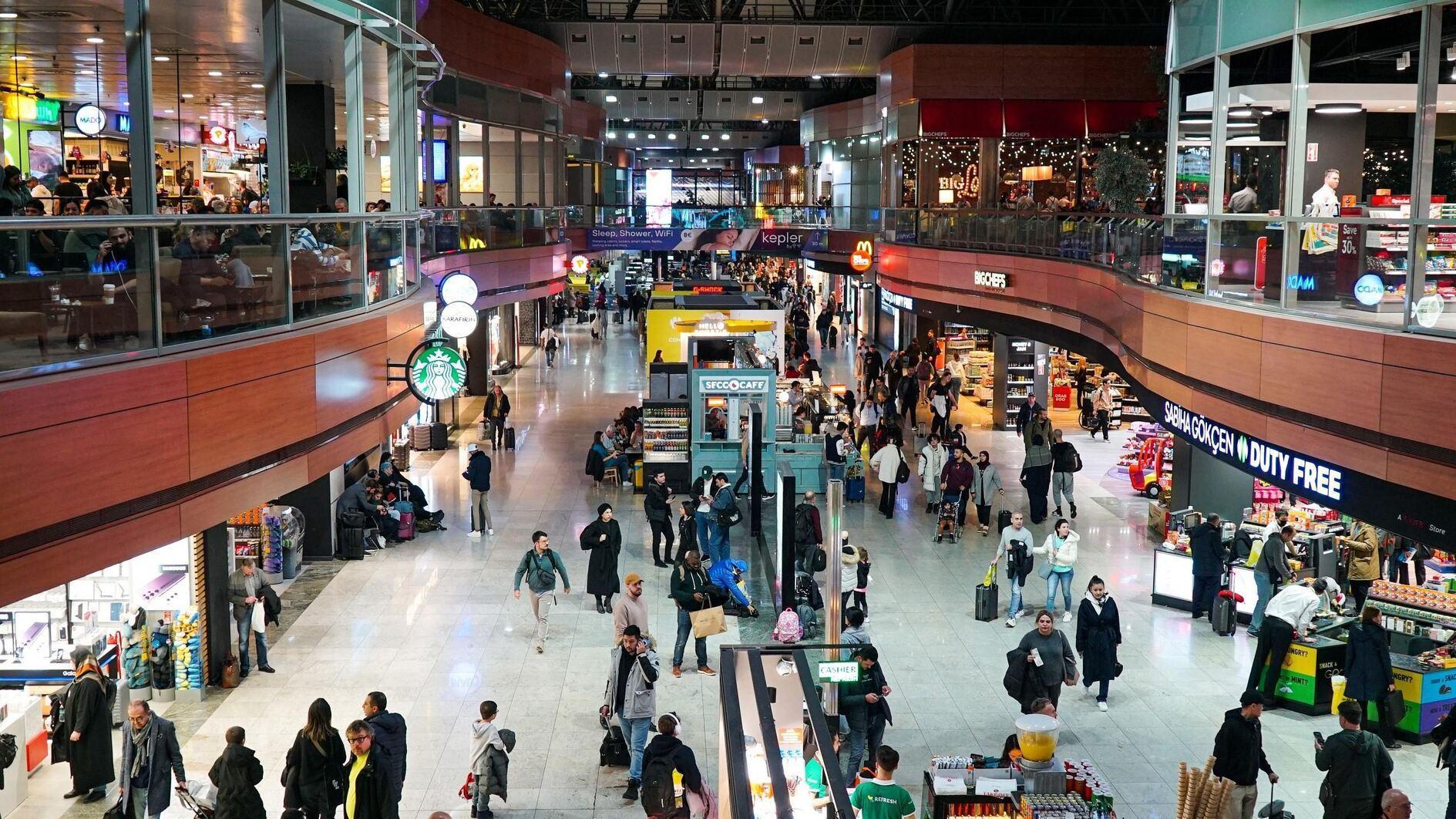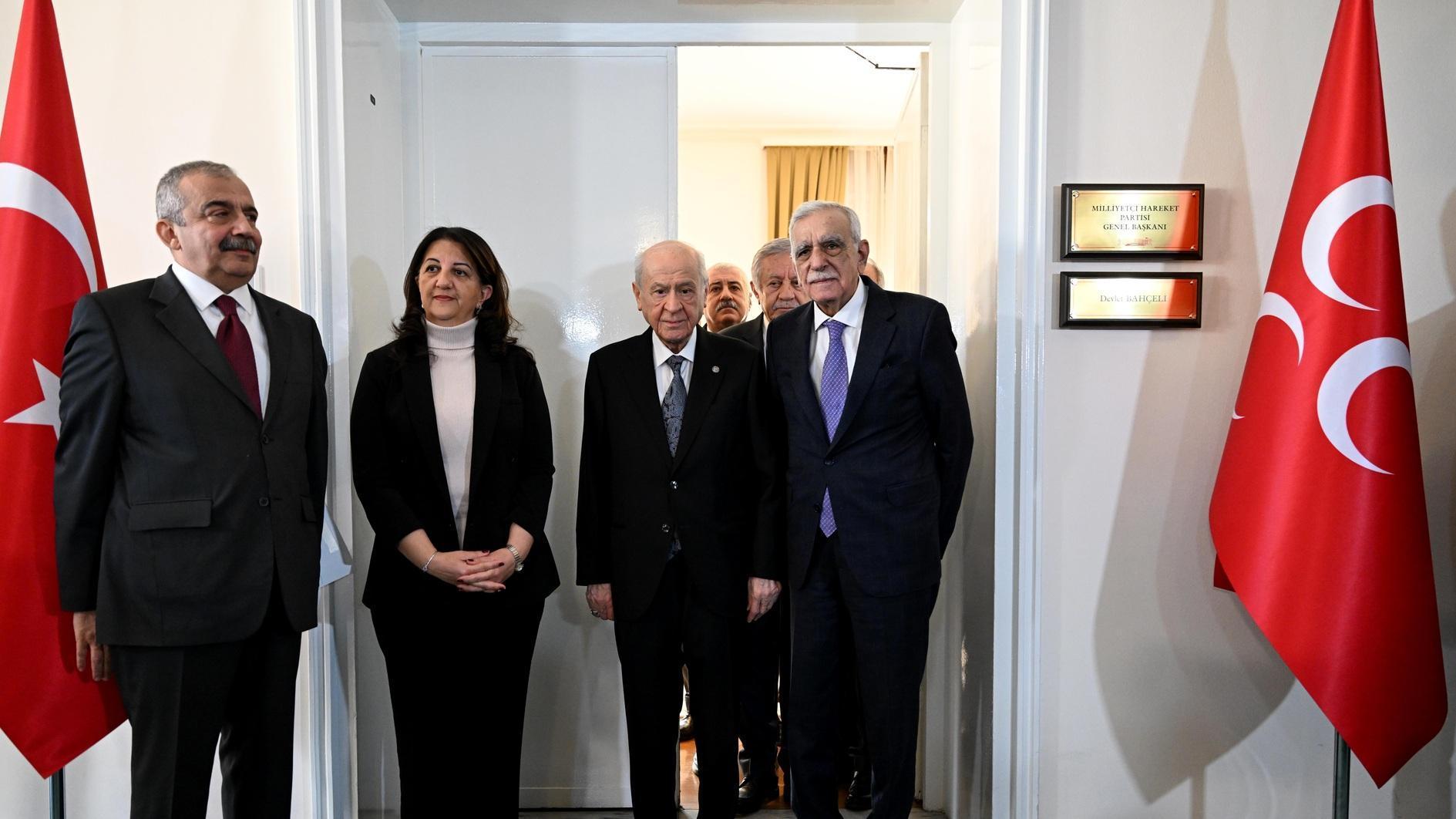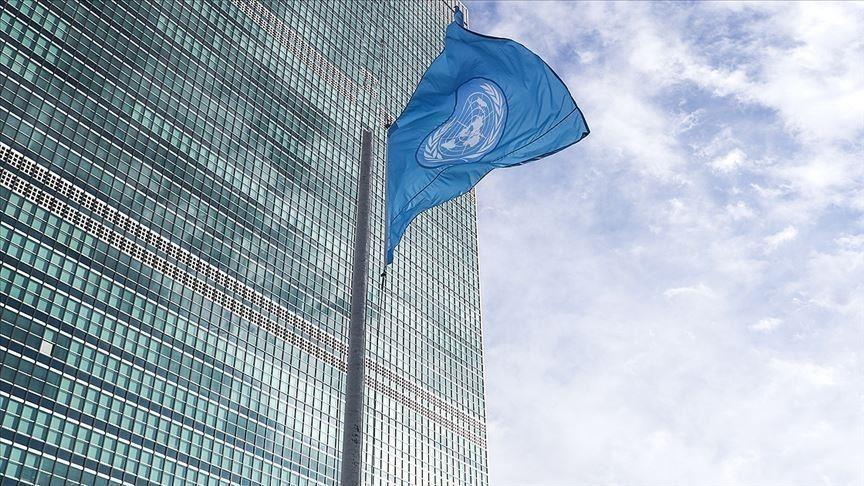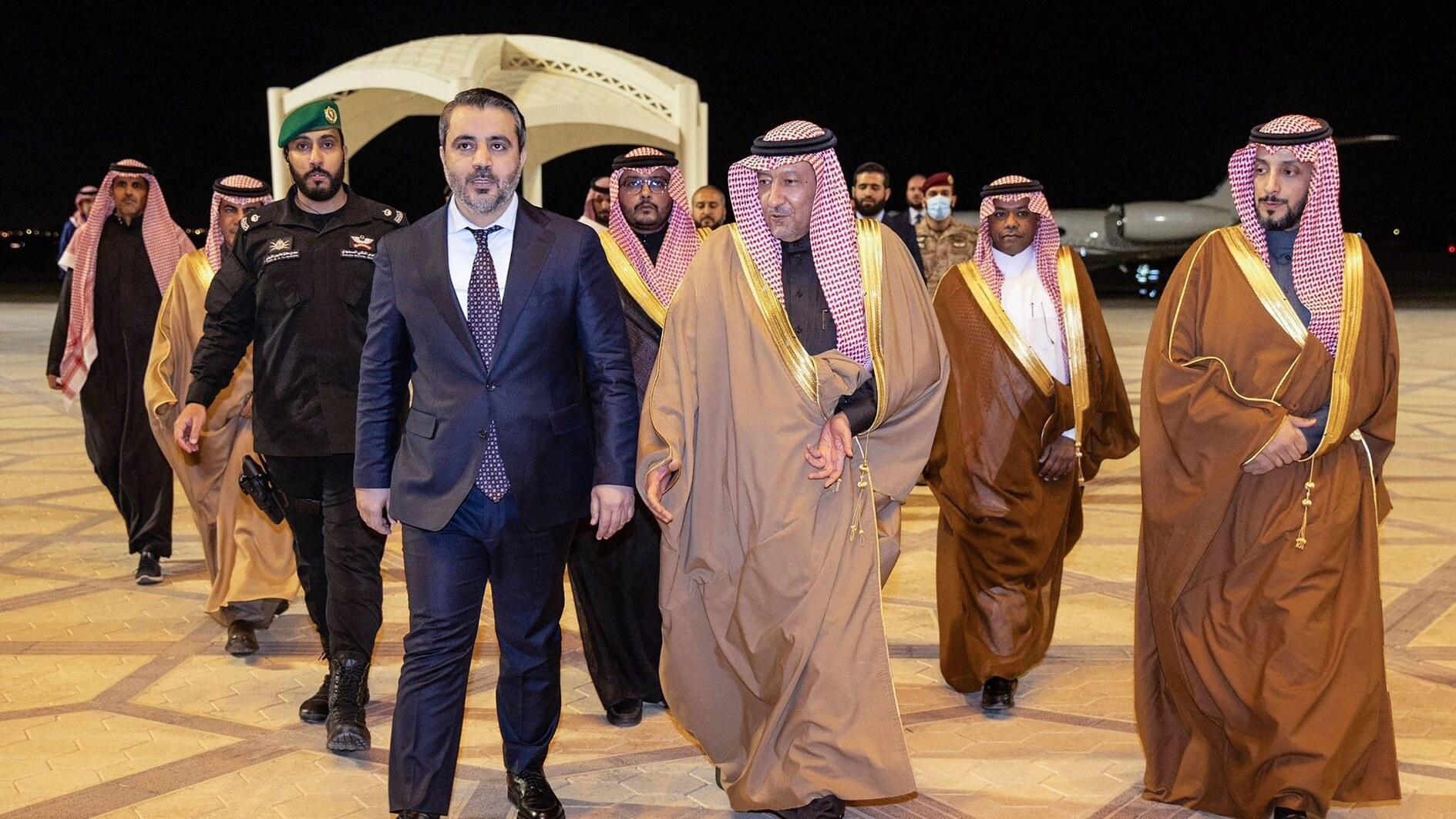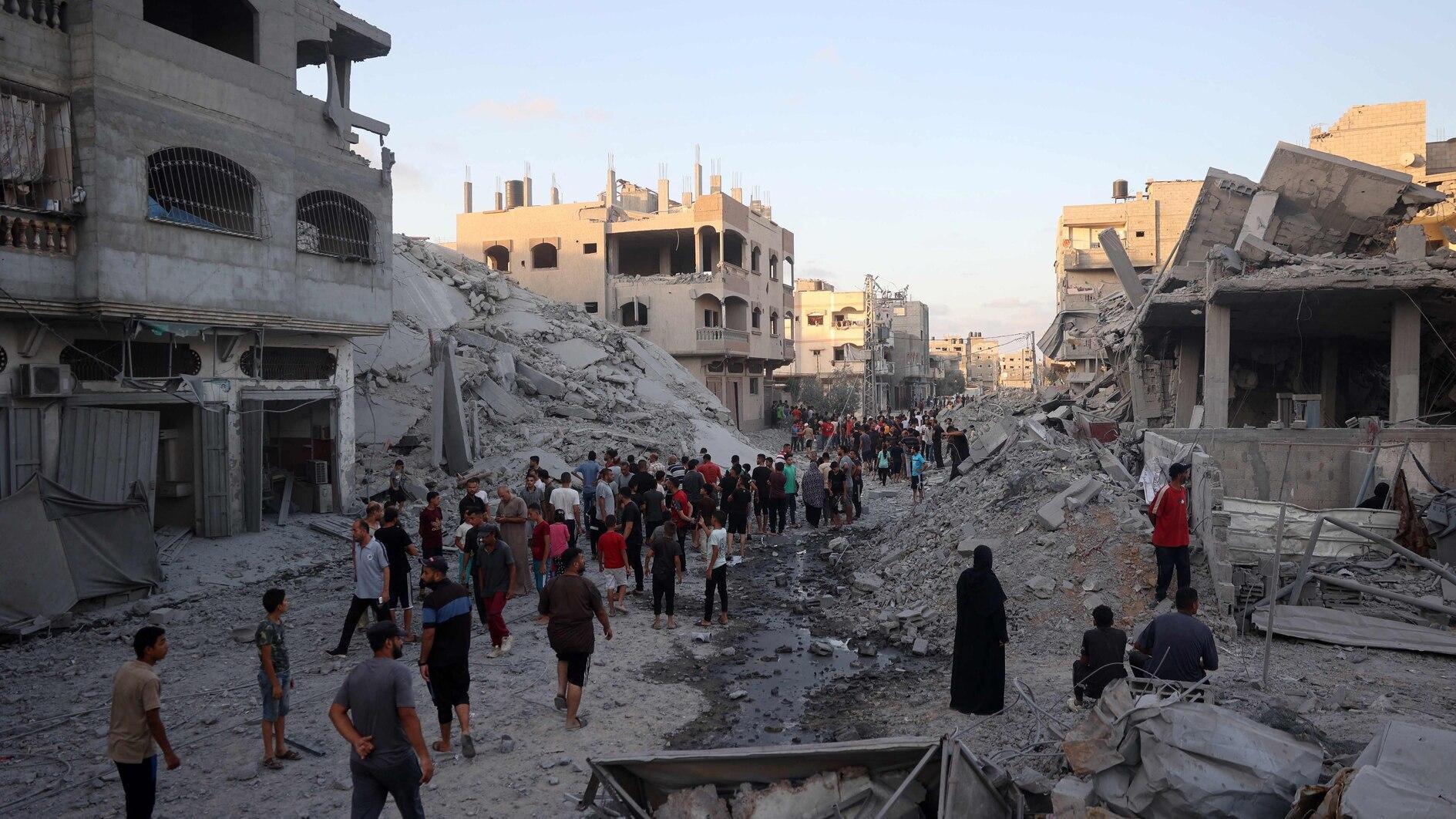Bombs shake Damascus
DAMASCUS / BEIRUT
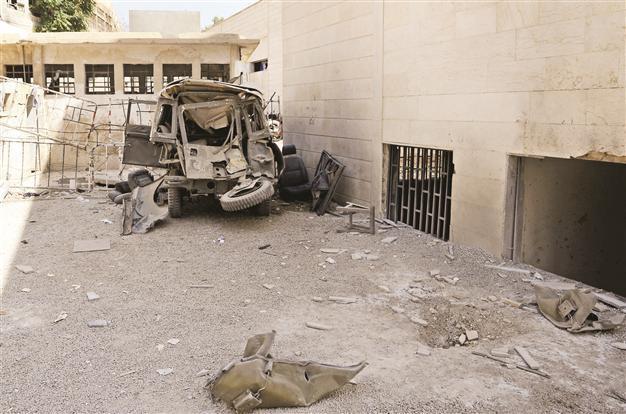
A handout photo by Syria’s official Arab News Agency (SANA ) shows a wrecked car at the site where two improvised explosive devices went off in Damascus yesterday.
Twin bombs exploded near the Syrian military’s joint chiefs of staff’s offices in the heart of Damascus yesterday as new international peace envoy Lakhdar Brahimi said change was “unavoidable.”Syrian government officials said the blasts, which struck in the Abu Remmaneh district and wounded four people appeared to target a building under construction near the offices of the joint chiefs of staff. The building, which is officially known as the Guards’ Battalion and was empty at the time of the blast, serves as a base for army officers who guard the joint chiefs of staff offices. The office of Vice President Faruq al-Shara is also located near the blast site.
Several past bombings have targeted the security establishment in Damascus, most notably a July blast that killed four senior security officials, including the defense minister and President Bashar al-Assad’s brother-in-law. The attack, which state media blamed on “terrorists” came a day after a bombing killed 15 people in a southern suburb of Damascus. State media reported that a car bomb explosion near a mosque at Sbeneh in the southern outskirts of the capital on Sept. 1 killed 15 people.
‘Too early to say who will go’
Speaking to Al-Jazeera as he took over as U.N.-Arab League envoy from former U.N. chief Kofi Annan, Brahimi carefully refrained from publicly calling – as his predecessor had – for al-Assad to step down.
Brahimi said that “change is necessary, indispensable, unavoidable.” He said his position was to engage all the parties and he would not comment on al-Assad’s future. “It is too early to speak about who should go and who should stay,” he told the channel.
“This is not a step backwards. Mr. [al-]Assad is there and is the president of the present government,” he said. “Kofi talked to him, and I will talk to him.” Brahimi also called on both sides to end violence in Syria, but said al-Assad’s government bears more responsibility than anyone else to halt the bloodshed.
Brahimi said he had no new ideas to end the conflict and has yet to decide when to make his first visit to Damascus in his new capacity. “I don’t have anything new except insisting on the necessity of ending the violence and starting a political process that has credibility and [is] able to bring about peace and stability for the Syrian people,” he said. “A transitional political process is what is needed. There is no disagreement inside or outside Syria that a new situation or a new political framework is needed,” he said, adding that since the government and the opposition are not talking to each other, they could use him as a go-between.
Compiled from AFP and AP stories by the Daily News staff.


